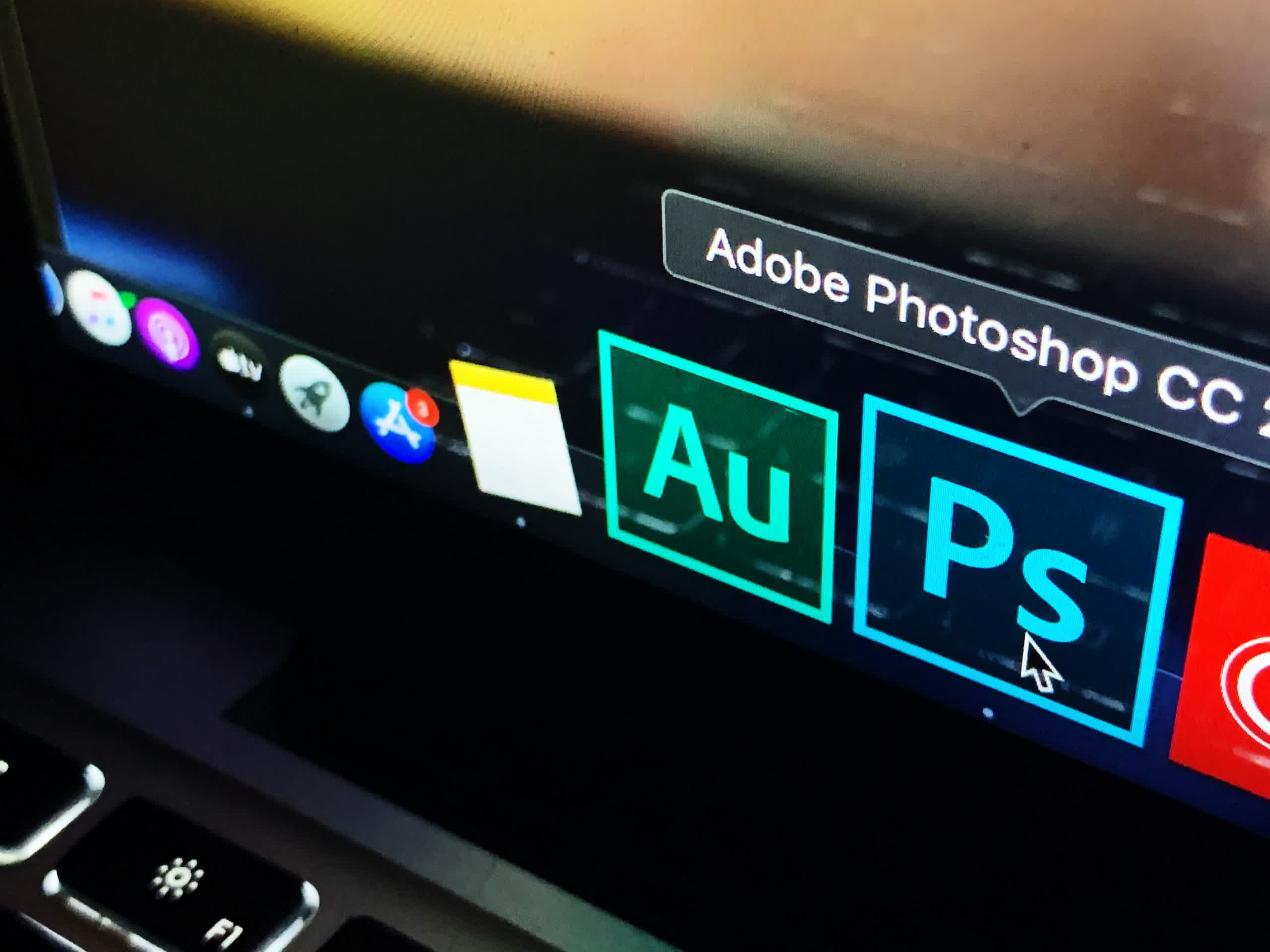Something to look forward to: The new M1-powered Apple Macs began shipping today, and Adobe told Photoshop users, "there's an app for that," well, sort of. Yesterday, Adobe released a Photoshop beta for both Windows and macOS based on Arm. It will still be some time before we see final versions, but support for the brand new Macs and the relatively new Surface Pro X looks promising.
On Monday, Adobe quietly released a beta version of Photoshop the runs natively on ARM64 architecture. This means that soon Windows Surface Pro X and the new M1 Macs will have fully compatible versions of one of Adobe's most popular apps. The news came will little fanfare in the form of a couple of newly posted Windows and macOS support pages on Adobe's website. Developer Jeremy Sinclair noticed the pages today and put the word out via Twitter.
Oooo what's this??
— Jeremy Sinclair #WIMVP (@sinclairinat0r) November 17, 2020
Adobe finally providing native Windows ARM64 support for Photoshop in a Beta??? 👀👀👀https://t.co/81Cx9FnCkO pic.twitter.com/xYux1EnQIm
Native Arm support for the Creative Cloud suite is something Adobe has been promising since Microsoft announced the Surface Pro X last year. Nobody expected it to come overnight, but with the release of the new Arm-based MacBook Pro, MacBook Air, and Mac Mini, a fully compatible Photoshop on the horizon seems like almost perfect timing.
Currently, Adobe does not officially support Arm processors, and that does not change with the beta which is still a work in progress and have been released for testing. Flawless operation is not guaranteed or expected. Indeed, Sinclair has already come across a few bugs in the Windows version and reports that it is relatively unstable with plenty of crashing.
Welp, that was fast lol 😂 pic.twitter.com/SaR8j3HHvR
— Jeremy Sinclair #WIMVP (@sinclairinat0r) November 17, 2020
If you can't afford to deal with potentially project-breaking bugs in Photoshop on your new Surface Pro, you can still run the current version on Windows in x64 emulation mode. For M1 Macs, PS can run with the help of Rosetta technology in Big Sur.
Adobe has not indicated even a vague release window for the final Arm-based Photoshop. In the meantime, those interested in trying out the unfinished apps can download both the Windows and macOS versions from the "Beta apps" tab in the Creative Cloud desktop app.
Image credit: Daniel Constante
